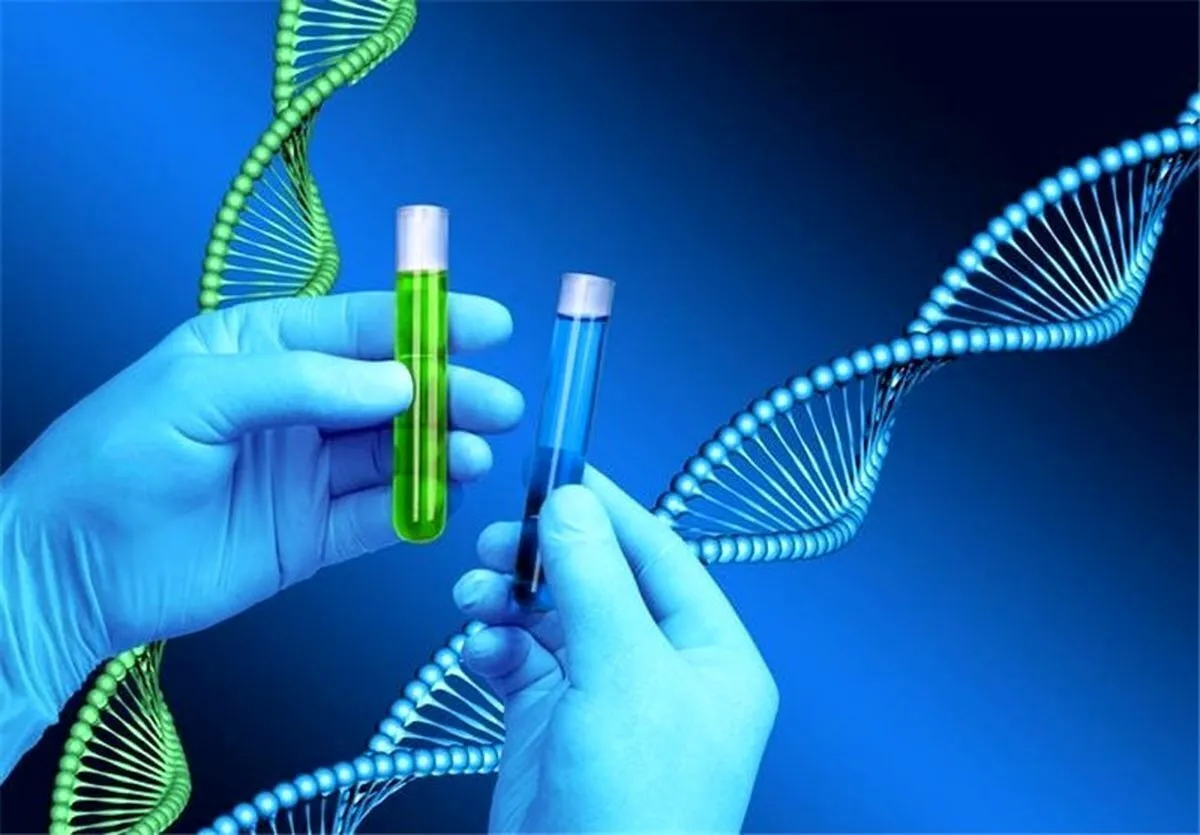Iranian Researcher: Ethical Concerns Still Exist for Birth of Baby with 3 Parents

“The plan of having a baby with 3 genetic parents existed in Iran 20 years ago (by testing and cloning animals) and it is technically feasible in our country. But there are always ethical concerns in this type of birth for humans,” Fatemeh Hassani, a PhD in production biology from University of Tehran and a member of the scientific board and clinical embryologist at Royan Research Institute, told ANA.
She referred to the insignificant role of genes in the plan of the birth a baby with 3 parents, and said, “0.02 percent of genes does not have a great effect on DNA transfer.”
Hassani pointed to the birth of a baby with 3 genetic parents in Britain, and said, “In Britain, there are many discussions about the correctness or incorrectness of this plan, but experts believe that the role of 0.02 percent of genes is insignificant.”
Warning that there is still room for concerns, she said, “We do not know mitochondrial genes completely and therefore, problems may occur in this area,”
Hassani said that the cytoplasm that is inherited from mother can change behavioral patterns.
Meantime, she underlined that one of the positive advantages of this plan is the birth of a healthy baby and preventing the birth of a baby with mitochondrial disease and not transmitting it to the next generation.
Last month, media reports said that the first UK baby created with DNA from three people has been born after doctors performed a groundbreaking IVF procedure that aims to prevent children from inheriting incurable diseases.
The technique, known as mitochondrial donation treatment (MDT), uses tissue from the eggs of healthy female donors to create IVF embryos that are free from harmful mutations their mothers carry and are likely to pass on to their children, the Guardian reported.
Because the embryos combine sperm and egg from the biological parents with tiny battery-like structures called mitochondria from the donor’s egg, the resulting baby has DNA from the mother and father as usual, plus a small amount of genetic material – about 37 genes – from the donor.
The process has led to the phrase “three-parent babies”, though more than 99.8% of the DNA in the babies comes from the mother and father.
The work is aimed to help women with mutated mitochondria to have babies without the risk of passing on genetic disorders. People inherit all their mitochondria from their mother, so harmful mutations in the “batteries” can affect all of the children a woman has.
4155/v





















